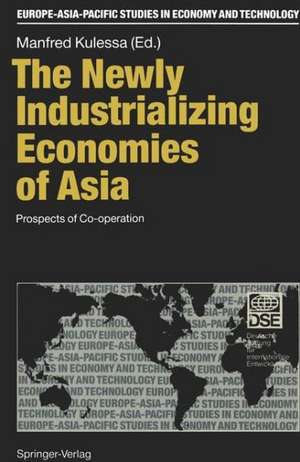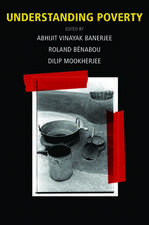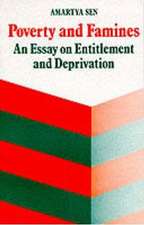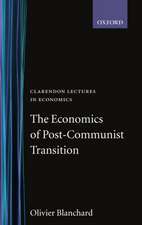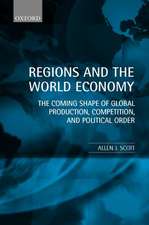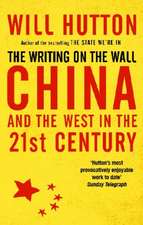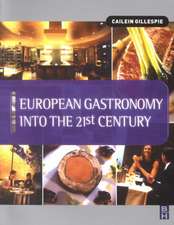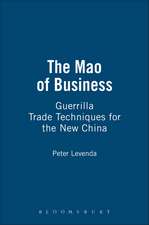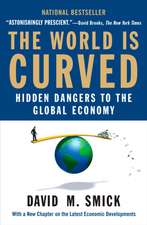The Newly Industrializing Economies of Asia: Prospects of Co-operation: Europe-Asia-Pacific Studies in Economy and Technology
Editat de Manfred Kulessaen Limba Engleză Paperback – 19 ian 2012
Preț: 646.94 lei
Preț vechi: 761.10 lei
-15% Nou
Puncte Express: 970
Preț estimativ în valută:
123.81€ • 128.92$ • 104.64£
123.81€ • 128.92$ • 104.64£
Carte tipărită la comandă
Livrare economică 07-21 martie
Preluare comenzi: 021 569.72.76
Specificații
ISBN-13: 9783642757075
ISBN-10: 3642757073
Pagini: 376
Ilustrații: XII, 360 p.
Dimensiuni: 170 x 242 x 20 mm
Greutate: 0.6 kg
Ediția:Softcover reprint of the original 1st ed. 1990
Editura: Springer Berlin, Heidelberg
Colecția Springer
Seria Europe-Asia-Pacific Studies in Economy and Technology
Locul publicării:Berlin, Heidelberg, Germany
ISBN-10: 3642757073
Pagini: 376
Ilustrații: XII, 360 p.
Dimensiuni: 170 x 242 x 20 mm
Greutate: 0.6 kg
Ediția:Softcover reprint of the original 1st ed. 1990
Editura: Springer Berlin, Heidelberg
Colecția Springer
Seria Europe-Asia-Pacific Studies in Economy and Technology
Locul publicării:Berlin, Heidelberg, Germany
Public țintă
ResearchCuprins
Summary Report.- One The Asian NIEs and the Asia-Pacific Region.- Country Issues.- Korea: A Newly Industrializing Economy Market Opening, Internationalization and International Cooperation.- Korea 2000: Economic and Social Targets and Development Strategies.- Korea’s Long-Term Trade Prospects and Policies to the Year 2000.- Taiwan: Claims and Strategies towards Europe.- The Case for Taiwan’s Role in the OECD.- The Significance of Taiwan’s Rejoining GATT.- The Hong Kong Economy in a Changing International Economic Environment.- Regional Issues.- Some Reflections on Prospects for Regional Co-operation in the Asian-Pacific Region.- ASEAN Reality and Perspective.- NIE-Japanese Strategic Interdependence in the Pacific Basin.- The East Asian NICs and South Asia Reality.- Thailand and the So-Called NIEs.- Market Forces in the Asian NIEs.- State Intervention, State Involvement and Market Forces — Singapore and South Korea.- The Development of Small and Medium-Sized Enterprises in the Asian NIEs — Business Opportunities for Western Europe?.- Two The Relations between the Asian NIEs and Europe in a Worldwide Perspective.- The NIEs and Major World Economic Issues.- A World Scenario: The Emergence of Three Main Trading Zones The European Community/Japan — East Asia — Pacific/USA — Canada.- The Concept of the International Division of Labour and Principles of Cooperation.- Technology and Global Competition: The Challenge ahead for the NIEs.- NIEs as Models for Establishing a Highly Competitive Industrial Base: What Lessons to Learn?.- The NIEs and Europe.- Europe 1992 and the NIEs.- Recent Trade Patterns between NIEs and Western Europe.- The NIEs Viewed from the German and European Perspectives.- The Ability of the German Economy to Face Opportunities and Challengesof Emerging NIEs.- Recommendations for a European Policy towards the Asian NIEs.- Annexes.- Statistical Country Profiles by Harald Mücke.- Programme of the International Round Table Meeting.- List of Participants and Authors.
